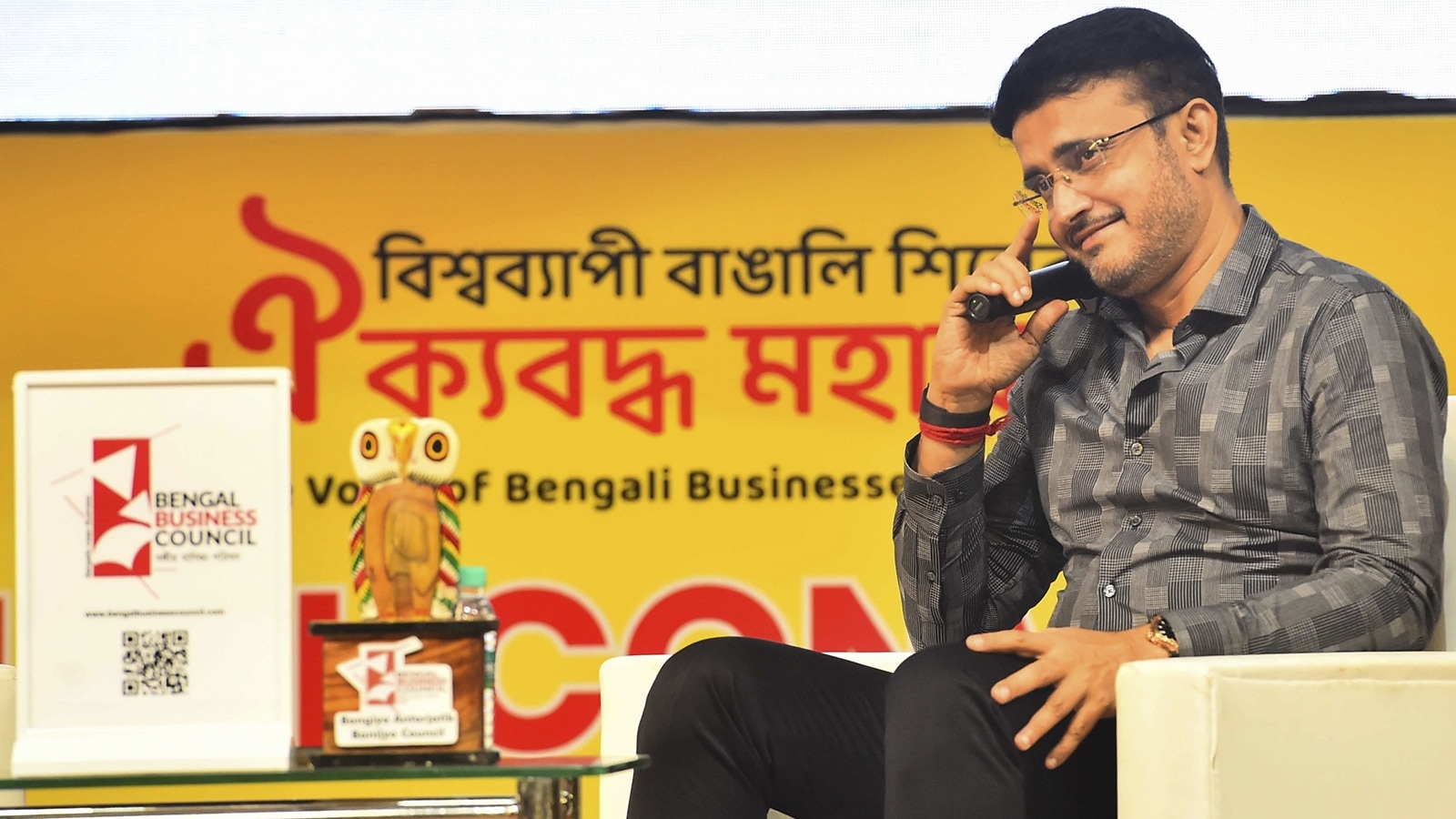The Bengal Business Council hosted its annual convention and vision conclave on Sunday, featuring prominent entrepreneurs and industrialists in attendance. Notable figures such as economist Abhirup Sarkar and former cricketer Sourav Ganguly were also present.
The convention’s six-point agenda aimed to encourage more Bengalis to pursue business as a career. The key points of this agenda include: Promoting existing start-ups and small businesses owned by Bengalis to help them scale up; Encouraging internal business collaborations among council members; Fostering business development in a cooperative and collaborative manner for council members; Representing members in their interactions with the government regarding policy issues that affect them; Establishing an organization dedicated to achieving these goals and ensuring continuity.
During the event, economist Abhirup Sarkar focused on the industrial structure of businesses in Bengal and the national market policy.
Story continues below this ad
“Bengal was once an industrial leader, even ahead of Maharashtra and Gujarat. After independence, we had an initial advantage with established industries. However, some factors led to significant problems. The industries present in Bengal were mainly British companies focused on exports, particularly in tea, jute, and coal, rather than the domestic market. In contrast, Maharashtra was producing primarily for domestic consumption,” Sarkar explained.
According to Sarkar, Bengal has consistently lagged in terms of productivity. He noted that at one time, the overall environment was not conducive to growth, and the political climate was also unwelcoming. “The bombings during the Naxalite movement created challenges that prompted many multinational companies to relocate their headquarters,” he said.
Sarkar emphasized the importance of community-based businesses: “Worldwide, we see that once a community-based business is established, it paves the way for others to enter the market. If there is a successful community business, it can serve as an example for startups.”
Discussing the impact of the Left government and its decline, Sarkar remarked, “In the past, both Bengal and Kerala had Left governments. While West Bengal pursued large investments, often facing land shortages, Kerala focused on small and medium-sized enterprises, resulting in considerable advancement. Kerala’s per capita income has more than doubled. I believe we need to concentrate on small and medium enterprises in Bengal. Even now, productivity remains low, and that must change. It would be beneficial to build a robust Bengali business community and foster cooperation. I am confident that with the right focus, Bengal can move forward, as there is no lack of potential.”
Story continues below this ad
Speaking at the same event, Sourav Ganguly shared his journey in sports, which began with holding the hand of his elder brother, Snehasish Ganguly.
“There will be failures, but we must remain determined. You have to master the art of success.” He believes that beyond leadership, trusting your team and teamwork are essential to achieving long-term success. “If you don’t believe in hard work, there is no point in seeking success. You must take risks to achieve something, and ultimately, you need to have sportsmanship,” Ganguly said.
Ganguly further stated, “I do what makes me happy. I am passionate about sports and will do whatever it takes to thrive in the sports sector and contribute to youth development. I don’t see pressure as a burden; I see it as an opportunity. The best way to face pressure is to confront it repeatedly and maintain discipline.”
He also expressed his satisfaction with the increasing number of Bengali entrepreneurs in the country.
Story continues below this ad
Speaking to mediapersons outside the event, on India-Pakistan being drawn in the same group, Ganguly said, “The sport must go on. However, we must ensure that incidents like Pahalgam do not occur. Terrorism needs to be stopped, and India has taken a strong stance against it.”

